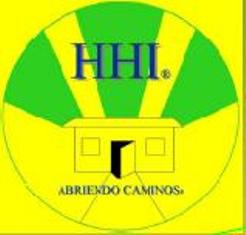|
Navigator Grant Awards Don't Reflect a Strong Hispanic Presence  Florida is one of 34 states to be awarded "navigator" grants from the Department of Health and Human services. Navigators are supposed to find and then help uninsured Floridians enroll in the online health insurance exchanges beginning this October. But at least one Hispanic organization is concerned that Central Florida's Latinos won't be well served. [Hispanic Health Initiatives logo] 7.8 million dollars in grant money is headed to Florida, to be split between eight different organizations. The money will be used to hire and train workers who will help Florida’s uninsured navigate the online exchanges. Hispanic Health Initiatives Executive Director Josephine Mercado says the Latino community presents a special challenge, because some Spanish newspapers and radio stations have kicked up fears about the Affordable Care Act with stories about microchip implants, death camps for the elderly and even jail time as a penalty for not enrolling. Mercado says her concern is whether the navigators will have this cultural knowledge. “Whoever it is that is going to be speaking with them and trying to convince them that they should go and apply has this background information to convince that person to go the next step to actually get on that computer and go online,” she says. The National Hispanic Council on Aging is the only Hispanic organization to receive grant money in Florida, but it’s a national organization, and as the name implies, deals with older Latinos. No Central Florida organization received a grant, but the University of South Florida received 4.2 million dollars and is expected to put navigators in the Central Florida area though its partner agencies. |
|
|